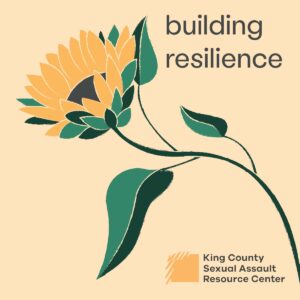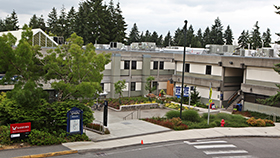Often times, those in abusive relationships have their safety, integrity, and privacy compromised through social media, hacking, and spyware. See the links at the end of the page for specific information and instruction on cybersafety.
At the very minimum, it is good practice to:
- Use the public library to access the internet or a computer at friend’s house you trust.
- Change user names, security questions and answers that your abuser may know. This includes online bank accounts and email addresses.
- Set your social media accounts to private. Do not add any person you do not know as many times an abuser will create fake accounts to spy on your activity.
- Cover the webcam on your personal computer or laptop.
- Remove your information from reverse directories
- Opt-out of people search engines
Whoa – Working to Halt Online Abuse – cyberstalking, online bullying and harassment
Privacy Rights Clearinghouse – Online Privacy & Technology
King County’s advocacy web page on internet and computer safety.
For helpful low-tech tips on how to detect high-tech surveillance, please read Dr. Phillip Polstra’s article on protecting your safety and cost-effective measures you can take without footing the bill.
If you are in a dangerous situation, please do not hesitate to call 9-1-1.
Last Updated November 23, 2020

